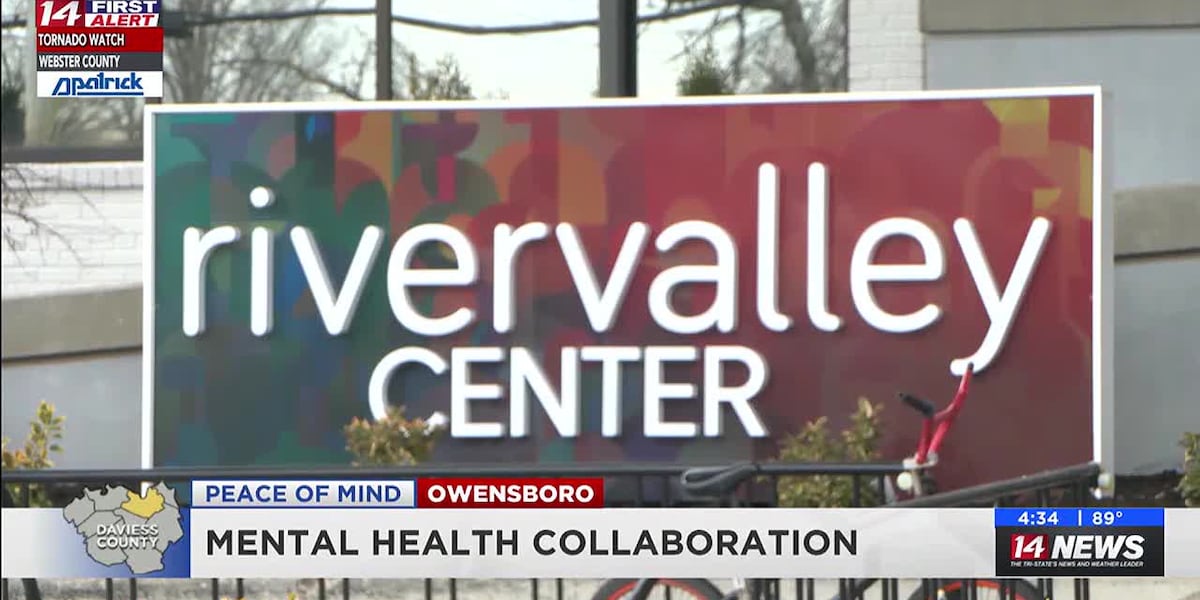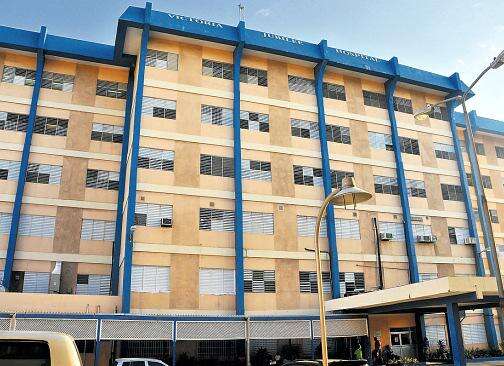Michigan Health Group Under Scrutiny: HHS Investigates Allegations of Religious Discrimination

A Michigan-based healthcare group is facing scrutiny from the U.S. Department of Health and Human Services (HHS) following allegations of religious discrimination. The investigation comes as HHS Secretary Robert F. Kennedy Jr. reaffirmed his commitment to upholding conscience rights during his confirmation hearing.
The specifics of the allegations remain confidential while the investigation is underway, but sources suggest they involve potential conflicts between the healthcare group's practices and the religious beliefs of some employees or patients. This is a sensitive area, as it touches on the balance between religious freedom, healthcare access, and non-discrimination laws.
Kennedy Jr.'s Stance on Conscience Rights
Secretary Kennedy Jr.'s promise to investigate conscience rights stems from a long-standing debate surrounding healthcare. 'Conscience rights' refer to the belief that individuals, including healthcare professionals, should not be compelled to participate in medical procedures or practices that violate their deeply held religious or moral convictions. This can encompass issues such as abortion, contraception, and assisted suicide.
During his confirmation hearing, Kennedy Jr. stated his intention to ensure that these rights are protected, while also emphasizing the importance of providing accessible and inclusive healthcare for all. He acknowledged the complexity of the issue and pledged to approach it with fairness and impartiality.
The Michigan Case: What We Know
While details are limited, the HHS investigation into the Michigan healthcare group signals a serious consideration of the allegations. The department's role is to determine whether the group's practices violate federal laws prohibiting religious discrimination. This could involve examining employment policies, patient care protocols, and any reported incidents of discrimination.
The outcome of the investigation could have significant implications for the healthcare group, potentially leading to corrective actions, fines, or other penalties. It could also set a precedent for how similar cases are handled in the future.
Broader Implications for Healthcare
This case highlights the ongoing tension between religious freedom and healthcare access. It underscores the need for clear legal frameworks and ethical guidelines that balance these competing interests. As healthcare continues to evolve, particularly with advancements in medical technology and changing societal norms, these issues will likely become even more prominent.
The investigation also serves as a reminder of the importance of fostering a culture of respect and inclusivity within healthcare settings. Healthcare providers should strive to understand and accommodate the diverse beliefs and values of their patients and colleagues, while upholding their professional obligations to provide quality care.
The HHS investigation is ongoing, and further updates will be provided as more information becomes available. It’s a developing story with potentially far-reaching consequences for the healthcare landscape in Michigan and beyond.





